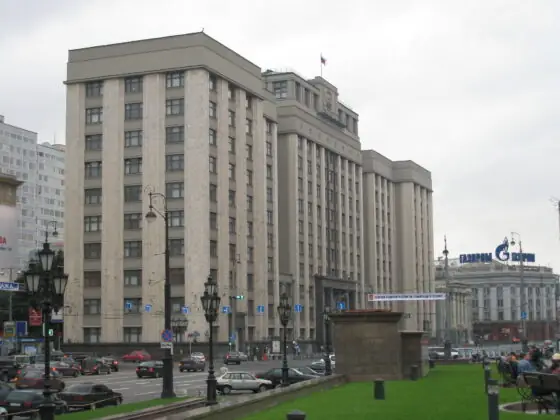The Russian military's attempt to shape the Kosovo peace settlement through its move into Pristina should not have come as such a shock to Western diplomats. It is only the most recent example of a disturbing and pervasive trend in Russia: the civilian leadership's inability to control and govern its increasingly weak, fragmented and frustrated military.
This action took the West by surprise because policymakers have grown to expect passivity from the Russian military. The Russian military did not resist the dramatic political changes in their country, they seemed resigned to huge budget cuts, they did not question the decline in the fighting capacity of their divisions, and they accepted the loss of their organization's status. As a result, a consensus emerged here and abroad that the Russian army would not pose an immediate political threat to the Yeltsin regime, nor be an important player in the international arena. This conclusion has led policymakers in the United States and in Russia to feel justified in putting Russian military reform on the back burner while they attend to more pressing issues like managing the economy. […]








